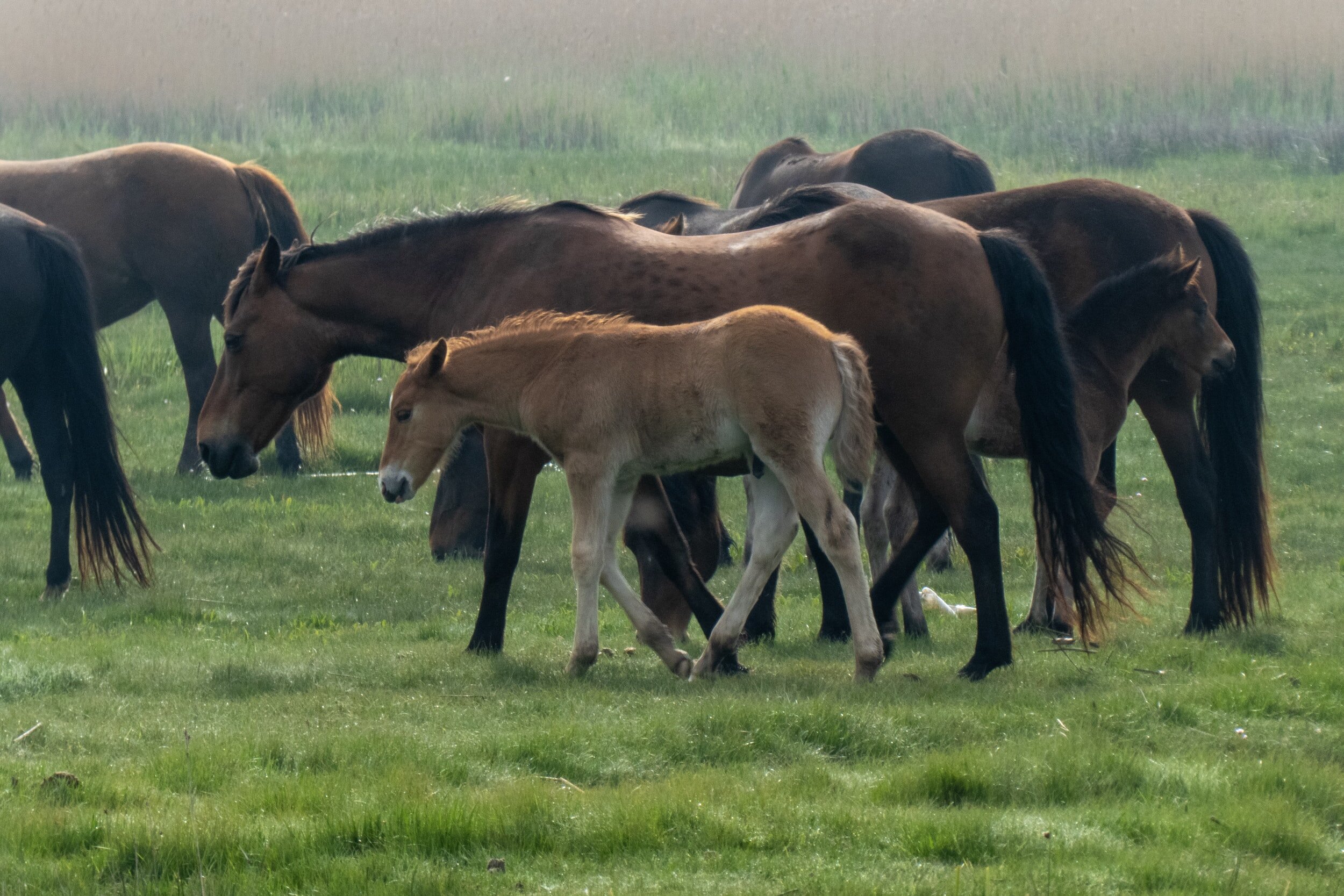Should I Breed My Mare? Part 3: Can I Afford This?
This is the last installment in our three-part series on making the decision to breed your mare.
In our previous two posts, we have talked about whether or not a foal is right for you and if your mare is a good candidate to be a broodmare.
Now let’s talk about the dollars and cents. Does breeding your mare makes financial sense.
So what are the costs involved?
First, we have the stud fee. This is what you owe the stallion owner.
Depending on the horse and the breed this can be anywhere from free to over $100,000.
If you are breeding with fresh cooled semen there are usually booking fees and fees for collection and shipping of semen each time the mare is bred. The booking fee is typically $400 or so, and collection fees are usually between $200 and $500. It is a good idea to plan on at least 2 collections.
Read your stallion contract carefully. Some have specific requirements about uterine cultures and breeding soundness exams, these costs are the responsibility of the mare owner.
Some stallions will require payment in full upfront, some will not ask you to pay the stud fee until your foal is born.
If possible ask for a live foal guarantee. This means you do not pay the stud fee unless your foal is born alive. Some may not require you to pay unless the foal survives for 30 days. It is important that these details be worked out ahead of time and be in writing.
There should also be a clause discussing the stallion owners’ responsibility as far as getting your foal registered.
If you are using frozen semen you will generally pay by the dose, and we recommend buying 2 doses per cycle. There is often not a live foal guarantee option with frozen semen but again, read your contracts carefully. There are shipping fees with frozen semen, they depend on the shipping location.
Breeding live cover does not have collection or shipping fees, but you will have to ship your mare to the stallion which carries its own costs. If you are keeping her at home and will take her to the stallion just to be covered you need to be able to trailer her on very short notice. If that is not feasible it may be better to send her to stay at the stallion farm until she is confirmed in foal.
Now many of you saw that $100,000 stud fee and gasped, but what if I told you that for those with stud fees in the $2000 range, the stud fee is only the beginning of the costs?
If you are breeding live cover and want your mare to visit the stallion only once, such as breeding thoroughbreds, your mare needs to be carefully followed.
Breeding with fresh cooled or frozen semen also requires very careful management. Frozen semen requires insemination within hours of ovulation so the mares must be very carefully watched.
You should budget $800-$1300 per cycle in veterinary costs to do fresh cooled or a very carefully timed live cover.
For frozen semen $1200-$1600 is not uncommon.
In our practice, we have frozen semen and fresh cooled semen mares come to our farm so they can be checked multiple times a day. If your mare requires sedation, has a uterine infection, or holds fluid the costs will be higher.
Mares are typically examined for pregnancy 14 days post ovulation. If pregnant she is then checked at approximately 30, 45, and 55-60 days. She will need special vaccines at 3, 5, 7 and 9 months of pregnancy, her routine vaccines at 10 months of pregnancy and routine deworming. Her nutritional needs will not increase until 8 months of gestation, but all along she will need good quality feed and hay.
Once your baby is born your bundle of joy will require a well-baby exam and some bloodwork 12-24 hours after he or she starts nursing. This will run around $300, but is essential for all new babies. A sick foal can go downhill very quickly and can get very expensive. This is something you need to have in mind so you can make a decision should the need arise.
Then there is the cost of raising the little bundle of joy to age 2 at a minimum or longer to see if they become what you are looking for. We don’t say any of this to discourage you from breeding your mare, in fact, we love breeding horses and are always excited to help. But we also don’t want owners to be surprised at the costs involved and get unpleasant surprises.
So take a good long realistic look at your budget, then call us when you want to get started!

